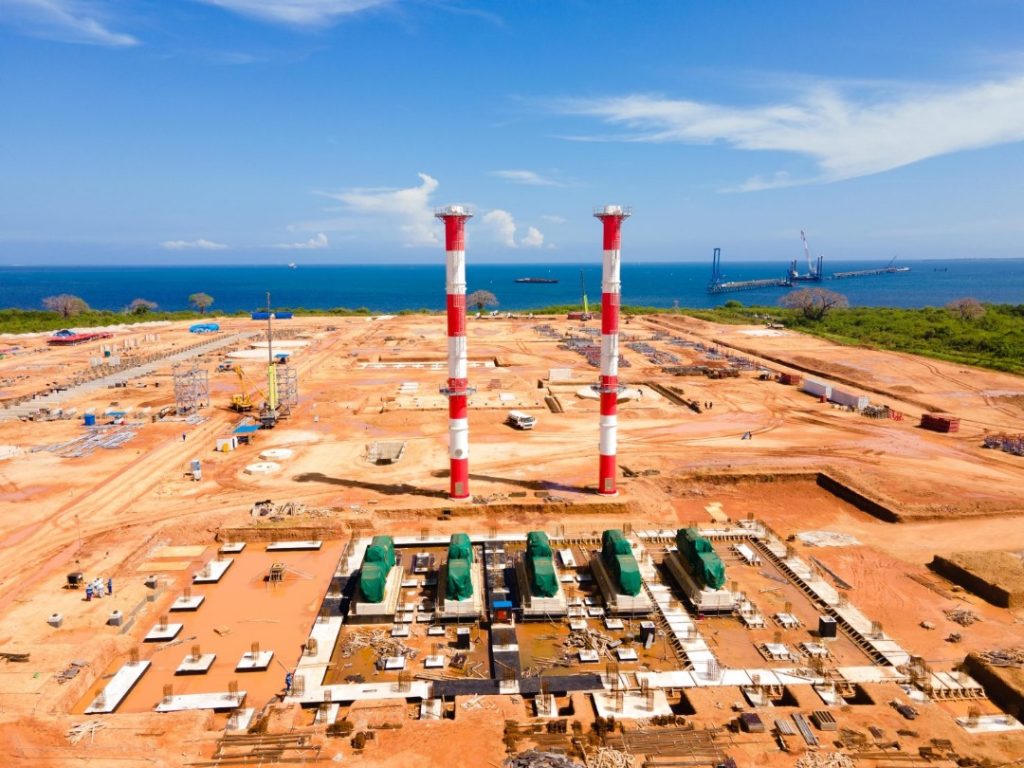Uganda’s oil and gas sector is making significant strides, not only in terms of resource development but also in the creation of employment opportunities for Ugandans. The latest employment data reflects the growing role of the local workforce in the country’s oil and gas industry, reinforcing the importance of local content development.
Direct Employment: A Key Indicator of Local Impact
As of recent reports, the oil and gas sector directly employs 15,169 people, with a remarkable 90% of them being Ugandans. This highlights the country’s capacity to harness its human resources in driving the industry forward. Among this workforce, 4,773 individuals are from host communities, underscoring the sector’s contribution to the local economy and its commitment to inclusivity.
The Jobs Multiplier Effect: Expanding Opportunities
The impact of Uganda’s oil and gas sector goes beyond direct employment. The sector creates a ripple effect that benefits various industries, contributing to the wider economy. With 34,889 indirect jobs and 100,115 induced jobs, the sector is a key driver of employment in other sectors, such as manufacturing, logistics, and services, boosting both urban and rural communities.
Building a Skilled Workforce: The National Oil and Gas Talent Register
Uganda is also focusing on developing a highly skilled workforce for the oil and gas industry. The National Oil and Gas Talent Register has registered 9,581 skilled professionals, showcasing the country’s efforts to build a pipeline of talent that meets industry standards. This initiative helps ensure that Uganda can meet its growing workforce needs, as the sector expands in the coming years.
A Diverse Workforce with Strong National Representation
The oil and gas industry in Uganda demonstrates a high level of local representation across all roles. Of the total workforce:
64% hold management positions, reflecting Uganda’s increasing involvement in decision-making roles within the industry.
85% are in technical roles, signifying the country’s growing capacity in the technical aspects of the oil and gas operations.
99% are engaged in other roles, further cementing the widespread inclusion of Ugandans in the sector.
These figures are a testament to Uganda’s continuous efforts to develop its local workforce, positioning the country as a key player in the oil and gas sector within East Africa.
Conclusion: Creating Lasting Value for Uganda
The data on Uganda’s oil and gas sector employment paints a picture of a rapidly developing industry that is not only helping to drive the national economy but is also empowering Ugandans through job creation and skills development. With an increasing number of Ugandans participating in key projects like the East African Crude Oil Pipeline (EACOP), the country’s oil journey is a clear example of how local content can contribute to long-term sustainable growth.
Uganda’s commitment to local content development in the oil and gas sector is clear. Through initiatives like the National Oil and Gas Talent Register and the integration of Ugandans into critical roles, the country is building a strong foundation for the future of the industry and its people.


